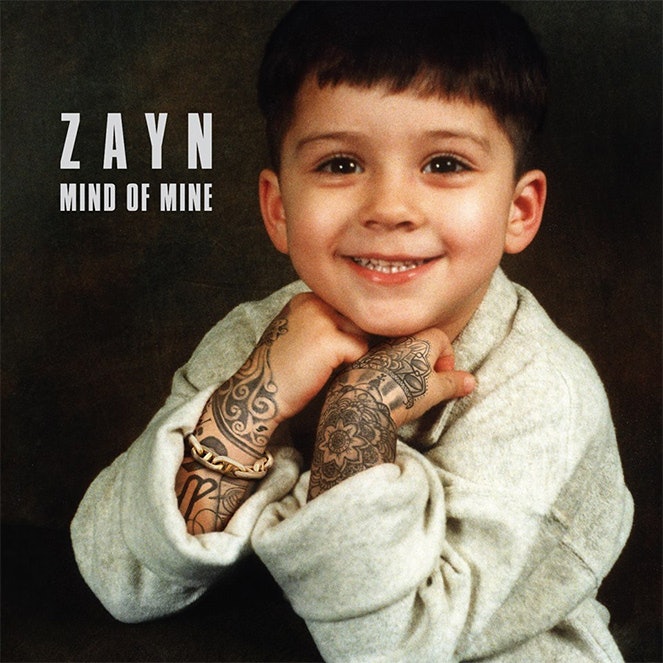 |
| Kanye West: The Life of Pablo (2016) |
Pablo Picasso and Kanye West share many qualities—impatience with formal schooling, insatiable and complicated sexual appetites, a vampiric fascination with beautiful women as muses—but Pablo Picasso was never called an asshole. Kanye, specifically, toasted them. The Life of Pablo's namesake is a provocation, a mystery, a sly acknowledgement of multitudes: Drug lord Pablo Escobar is a permanent fixture of rap culture, but the mystery of "which one?" set Twitter theorists down fascinating rabbit holes, drawing up convincing stand-ins for Kanye's Blue Period (808s & Heartbreak), his Rose Period (My Beautiful Dark Twisted Fantasy), and his Crystal Period (Yeezus). If Kanye is comparable to Picasso, The Life of Pablo is the moment, after a turbulent life leaving many artistic revolutions and mistreated women in his wake, that the artist finally settles down. In this formulation, Kim Kardashian is Jacqueline Roque, Picasso's final muse and the woman to whom he remained faithful (she even kinda looks like a Kardashian), and the record is the sound of a celebrated megalomaniac settling for his place in history.
The Life of Pablo is, accordingly, the first Kanye West album that's just an album: No major statements, no reinventions, no zeitgeist wheelie-popping. It's probably his first full-length that won't activate a new sleeper cell of 17-year-old would-be rappers and artists. He's changed the genre's DNA with every album, to the point where each has inspired a generation of direct offspring, and now everywhere he looks, he sees mirrors. "See, I invented Kanye, it wasn't any Kanyes, and now I look and look around and there are so many Kanyes," he raps wryly on "I Love Kanye." The message seems clear: He's through creating new Kanyes, at least for now. He's content to just stand among them, both those of his own creation and their various devotees.
Kanye's second child Saint was born in early December, and there's something distinctly preoccupied about this whole project—it feels wry, hurried, mostly good-natured, and somewhat sloppy. Like a lot of new parents, Kanye feels laser-focused on big stuff—love, serenity, forgiveness, karma—and a little frazzled on the details. "Ultralight Beam" opens with the sound of a 4-year-old preaching gospel, some organ, and a church choir: "This is a God dream," goes the refrain. But everything about the album's presentation—the churning tracklist, the broken promises to premiere it here or there, the scribbled guest list—feels like Kanye ran across town to deliver a half-wrapped gift to a group birthday party to which he was 10 minutes late.








.png)

